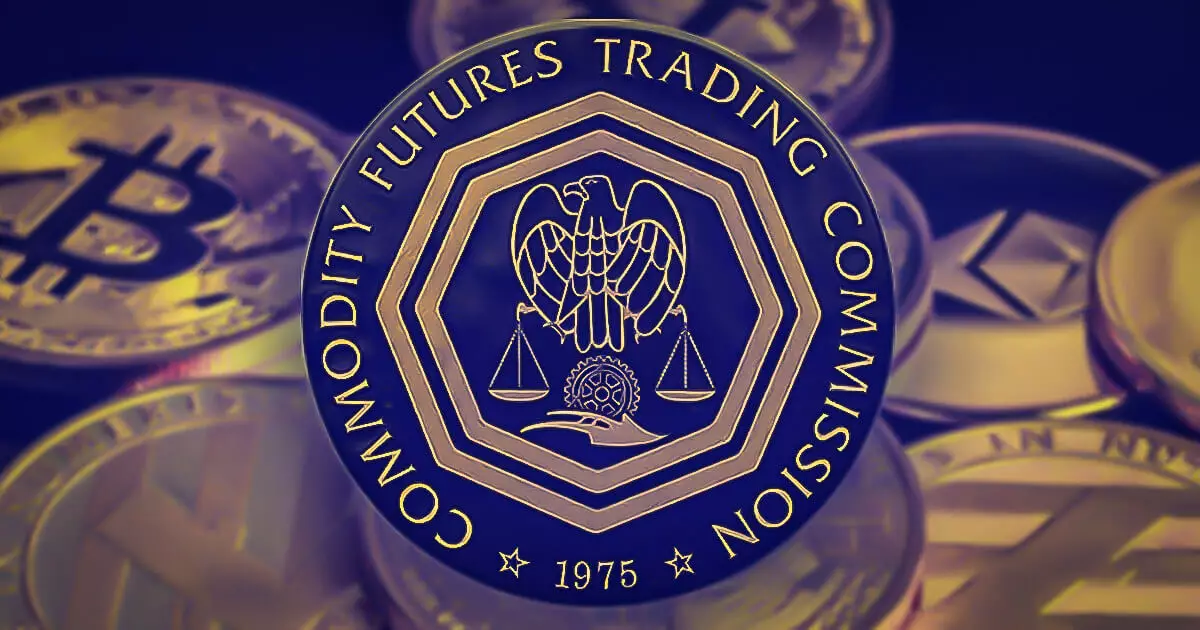The U.S. Commodity Futures Trading Commission (CFTC) has made a significant move by appointing Harry Jung to lead its initiatives focused on cryptocurrencies, decentralized finance (DeFi), and digital assets. Announced on January 23, Jung’s new role as head of this critical division comes alongside his appointment as Acting Chief of Staff under Acting Chair Caroline Pham. This strategic decision underscores the CFTC’s proactive approach in responding to the fast-paced evolution of the digital asset market.
Jung, who joined the CFTC in 2023, is no stranger to the complexities of regulatory frameworks governing digital markets. His previous role as the Designated Federal Officer for the CFTC’s Global Markets Advisory Committee allowed him to cultivate essential relationships with policymakers and industry leaders, focusing on the emerging trends within digital spaces. His ability to foster coordinated efforts among varied financial stakeholders will likely be invaluable as he embarks on this new challenge.
Before joining CFTC, Jung amassed a wealth of experience at financial giants like Citigroup and Morgan Stanley. His tenure at the Financial Industry Regulatory Authority (FINRA), where he concentrated on regulatory strategies for digital markets, further solidifies his qualifications for addressing the complex regulatory demands of cryptocurrencies and blockchain technology. This background provides him with a unique perspective on the intersection of traditional finance and innovative digital solutions, essential for navigating the contemporary regulatory landscape.
The CFTC’s decision to create a dedicated role for cryptocurrency leadership signifies an awareness of the inadequacies of previous regulatory approaches. This move demonstrates a commitment to developing clear regulatory guidelines that align with technological advancements in the sector. Furthermore, it reflects a broader trend in U.S. regulatory bodies, including the establishment of a new crypto task force, which aims to create comprehensive frameworks rather than relying solely on enforcement measures.
The changes at the CFTC are just one facet of a larger transformation within the U.S. regulatory environment. Alongside Jung’s appointment, several other leadership shifts are evident, with Meghan Tente stepping into the role of Acting General Counsel, and Taylor Foy appointed as Acting Director of Public Affairs. Nicholas Elliot takes the helm of the Office of Legislative and Intergovernmental Affairs temporarily. These adjustments indicate a strategic realignment within the CFTC, likely influenced by the pressing need to adapt to the growing complexities of the digital finance landscape.
Furthermore, the collaboration between different regulatory bodies, including initiatives led by the SEC, reflects a convergence of efforts to enhance clarity and foster innovation in the digital space. With Commissioner Hester Peirce advocating for progressive strategies in the digital asset realm, the synergy among these regulatory task forces could yield meaningful advancements in market confidence and stability.
The overarching implications of these leadership changes and strategic focus on digital assets could be profound. By instituting clearer regulations, the CFTC aims to bolster investor confidence, encouraging broader institutional adoption of blockchain technologies. Additionally, this clarity could facilitate greater participation in cryptocurrency markets and potentially drive the deeper integration of Web3 solutions across various sectors. As the financial landscape evolves, the CFTC’s leadership, particularly under Harry Jung’s guidance, will be instrumental in shaping a regulatory environment conducive to innovation while ensuring robust oversight.

